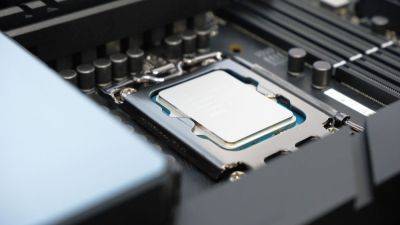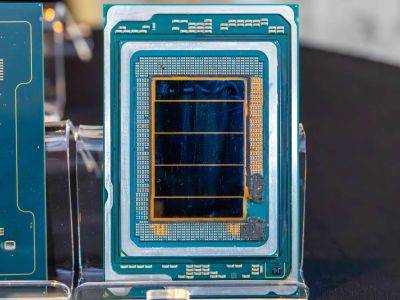Intel reportedly told Arm to jog on after an offer to buy its chip design business
Another day, another rumour of an aborted Intel buyout. Earlier this week it was Qualcomm that was said to be sniffing around the injured, wheezing chip maker. Today, it's none other than Arm, in some ways Intel's biggest competitor.
Business outlet Bloomberg reckons that Arm knocked on Intel's door offering to buy the product half of the company. In other words, the bit of the company that designs the chips and not the foundry or manufacturing facilities.
Apparently, Intel told Arm to jog on. The company isn't for sale. Now, it's impossible to say if this actually happened. But it's not hard to understand why stories like this are emerging.
No question, Intel is in trouble. It's losing money hand over fist. Its foundry arm has been struggling for well over a decade. Intel has even suffered the ignominy of the crashing 13th and 14th Gen CPU debacle, calling into question basic competence over the company's core product line.
The question, then, is could a buyout happen? Our own Nick argued that if Nvidia wasn't allowed to buy Arm, then Qualcomm buying Intel is a non starter. And so from that it would follow that anti-trust in the US wouldn't allow Arm to buy Intel's product division.
In broad terms, I think that's only half correct. Arm probably wouldn't be allowed to by Intel. But Qualcomm might. How so? First, Intel is a US company of strategic importance. The US is very keen to have its own domestic cutting-edge chip design and manufacturing capabilities and Intel is the leading US player in that market, particularly on the manufacturing side. Second, Intel is currently experiencing an existential crisis. Even the company's own CEO says he has bet the company on the upcoming 18A process node.
Anyway, those two factors put a completely different spin on any acquisition of Intel, as opposed to an acquisition of Arm by, say, Nvidia. US anti-trust authorities will have to balance off the risk of allowing too much power and too large a product portfolio to accumulate







